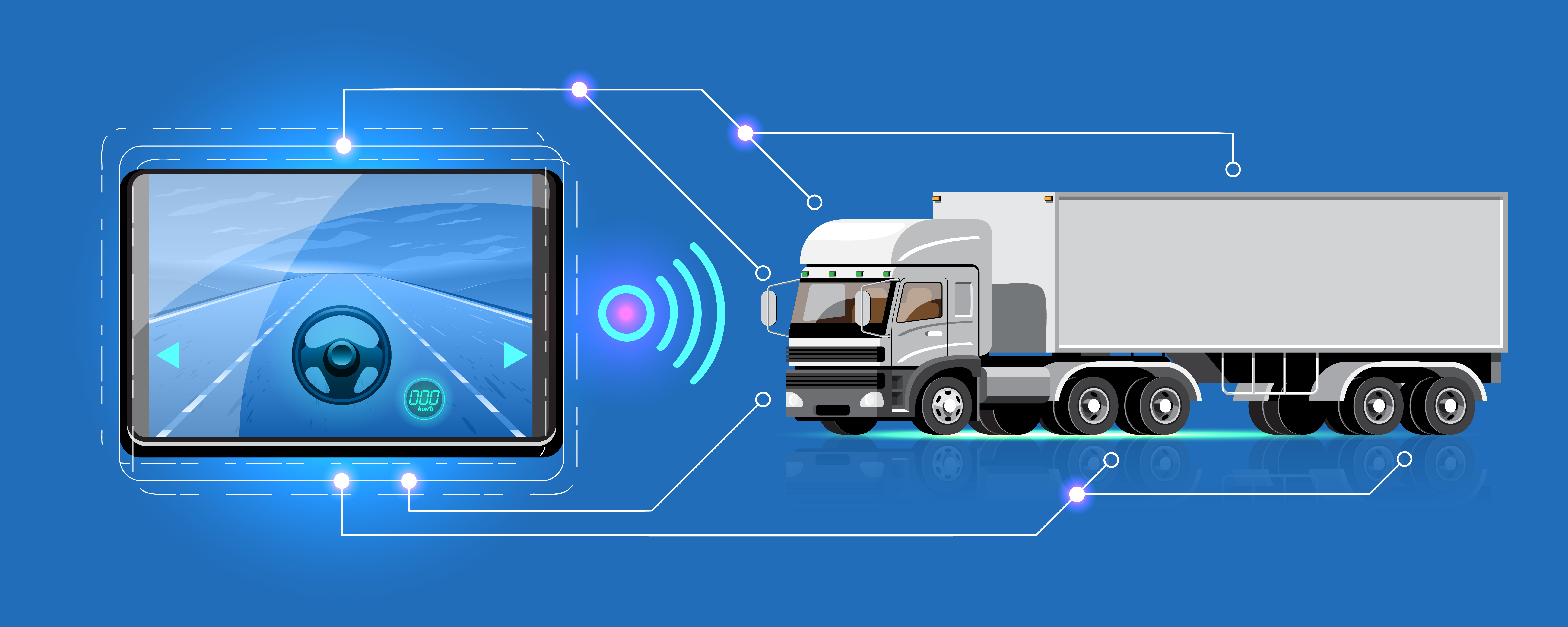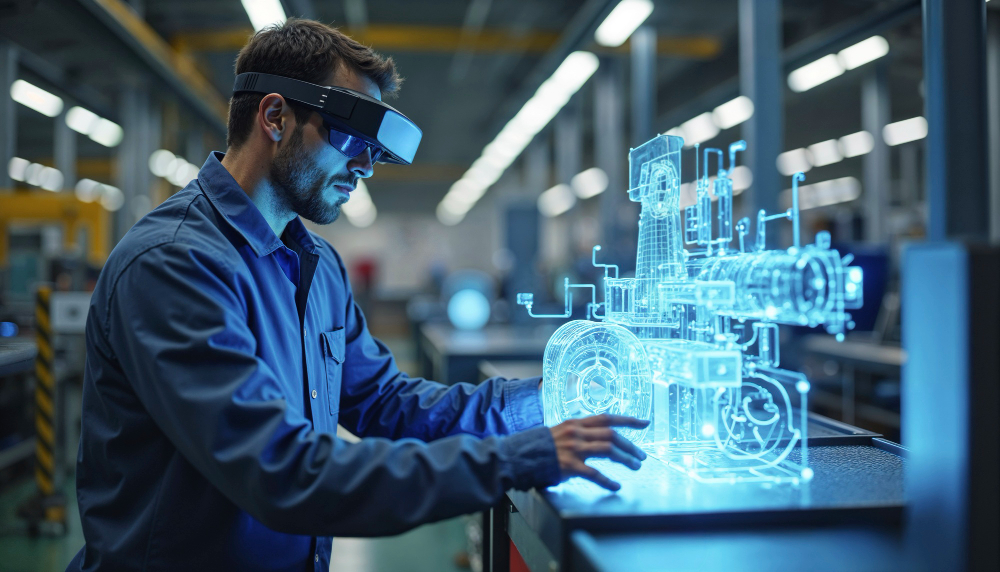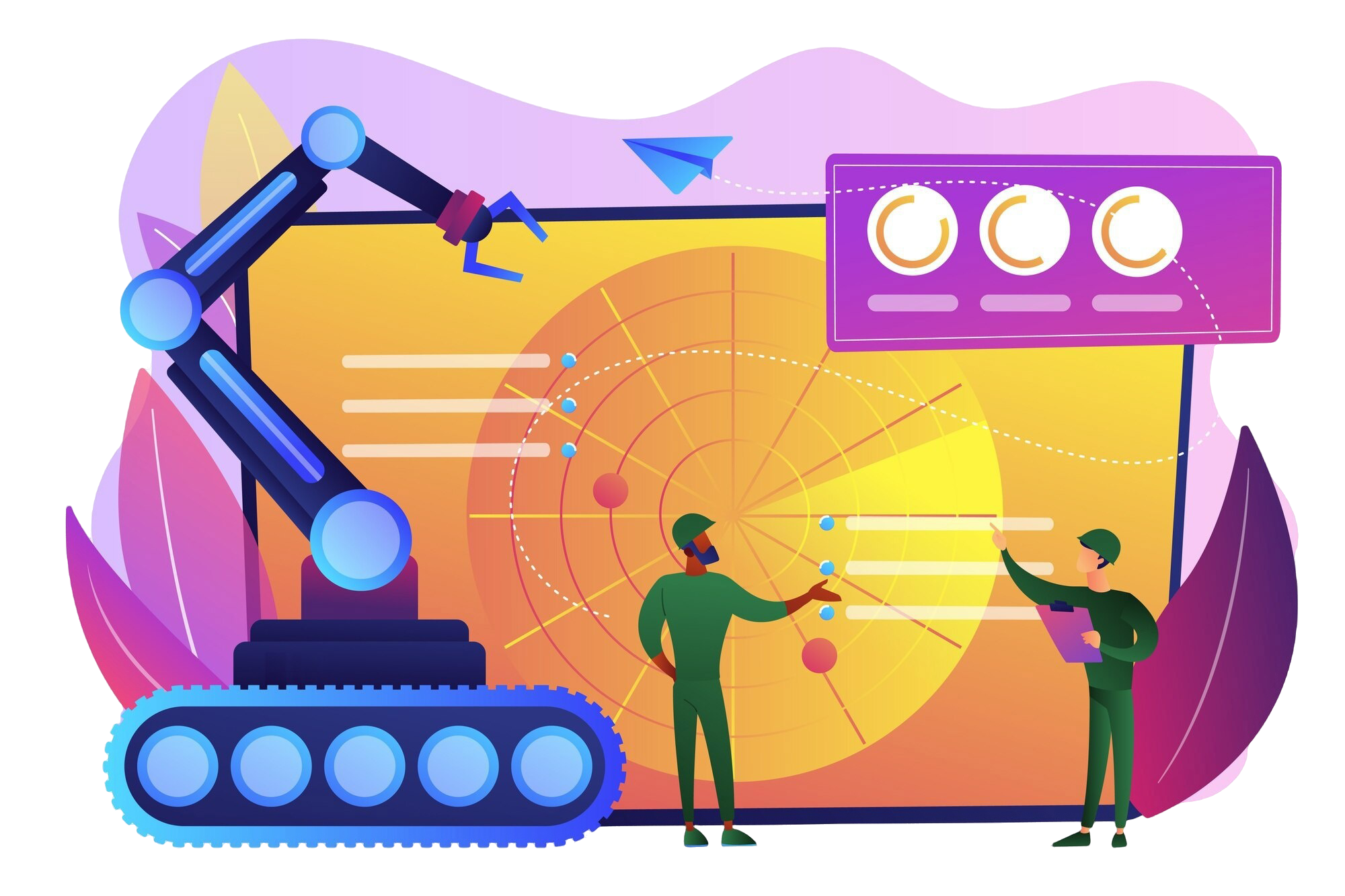AI-Enabled Transportation for Real-Time Visibility and Supply Chain Control

Strong 8k brings an ultra-HD IPTV experience to your living room and your pocket.
In the era of Industry 4.0, the manufacturing landscape is experiencing rapid transformation driven by automation, digitization, and intelligent technologies. Among these advancements, transportation has become a strategic priority for manufacturing companies aiming to maintain agile and resilient supply chains. The traditional approach to logistics, often dependent on static routes, manual tracking, and delayed responses, is no longer sufficient to meet the complex needs of modern manufacturing ecosystems.
To bridge this gap, companies are increasingly adopting artificial intelligence in transportation. With the ability to analyze vast volumes of data in real time and make automated decisions, AI plays a pivotal role in improving logistics operations and enhancing supply chain control. By embedding AI into transportation workflows, manufacturers are gaining real-time visibility, optimizing delivery schedules, improving asset utilization, and reducing operational costs — all while supporting the broader goals of manufacturing and industrial automation.
Real-Time Visibility Through AI Integration
A key benefit of AI in transportation is real-time visibility. With the integration of GPS, IoT sensors, and telematics, AI systems continuously monitor and analyze data from trucks, delivery vans, forklifts, and even drones operating across a manufacturing supply chain. This constant flow of data enables manufacturers to track the location, condition, and movement of goods and transportation assets in real time.
As a result, decision-makers receive immediate alerts regarding shipment delays, unexpected route changes, or equipment malfunctions. They can take proactive steps to reroute shipments, adjust schedules, or notify relevant stakeholders to minimize disruptions. Enhanced visibility ensures synchronized operations between suppliers, manufacturing facilities, and distribution centers, improving end-to-end efficiency across the supply chain.
Predictive Maintenance for Transport Assets
Unscheduled breakdowns and equipment failures can have a ripple effect on production schedules and delivery timelines. AI addresses this challenge through predictive maintenance, which uses machine learning algorithms to analyze historical maintenance records, sensor data, and equipment usage patterns. These insights help forecast when a transport vehicle or machinery is likely to fail or require servicing.
With predictive maintenance in place, manufacturers can plan maintenance activities in advance, avoiding costly unplanned downtimes and improving asset reliability. This not only enhances transportation efficiency but also extends the life cycle of critical assets such as trucks, conveyors, and warehouse robotics used in manufacturing logistics.
Intelligent Route and Load Optimization
Another transformative application of artificial intelligence in transportation is route and load optimization. AI systems evaluate factors such as real-time traffic conditions, fuel prices, weather forecasts, and delivery windows to calculate the most efficient routes for transporting goods. This ensures that shipments reach their destinations on time while minimizing fuel consumption and travel costs.
In parallel, AI helps optimize load distribution by analyzing cargo weight, volume, and packaging configuration. Intelligent load planning reduces vehicle underutilization and ensures that trucks and containers are filled optimally, decreasing the number of trips required. This level of automation contributes to just-in-time manufacturing strategies by delivering materials precisely when needed, thereby reducing warehousing and inventory costs.
Demand Forecasting and Inventory Alignment
Manufacturers deal with fluctuating demand based on seasonality, market conditions, and customer behavior. AI plays a critical role in forecasting transportation demand by analyzing historical order data, production schedules, and external market signals. This allows logistics teams to proactively align their transportation resources with expected demand.
By accurately forecasting material movement, manufacturers can ensure timely delivery of raw materials to the production floor and finished goods to warehouses or customers. This eliminates the guesswork and reactive planning that often leads to overstocking or understocking. In turn, it supports smoother manufacturing processes and improves customer satisfaction through on-time delivery.
Enhanced Decision-Making and Supply Chain Control
Artificial intelligence empowers decision-makers with real-time dashboards, scenario modeling, and intelligent recommendations that improve logistics management. AI algorithms analyze transportation data to identify patterns, highlight inefficiencies, and suggest alternative strategies to address delays or cost overruns.
For example, during a supply chain disruption such as a port delay or a weather event, AI can automatically assess the impact and recommend rerouting options based on available resources and customer priorities. These tools give supply chain managers the confidence to act swiftly and strategically, improving responsiveness and reducing operational risk.
Additionally, AI enhances collaboration across departments — from procurement and production to warehouse management and distribution. A shared, AI-driven control tower enables all teams to work with the same real-time insights, driving coordination and seamless execution of logistics plans.
Conclusion
In today’s dynamic manufacturing environment, efficient transportation is not just a logistical requirement — it is a competitive advantage. The integration of artificial intelligence in transportation brings unprecedented visibility, automation, and control to manufacturing supply chains. With AI, companies can predict disruptions before they occur, optimize routes and loads, maintain assets proactively, and make informed decisions backed by real-time data.
As manufacturing and industrial automation continue to advance, AI will remain a cornerstone of next-generation logistics solutions. By embracing AI-enabled transportation systems, manufacturers can unlock greater agility, reduce costs, and build resilient, future-ready supply chains that respond intelligently to change.
Note: IndiBlogHub features both user-submitted and editorial content. We do not verify third-party contributions. Read our Disclaimer and Privacy Policyfor details.







